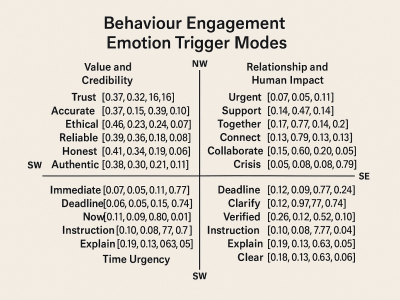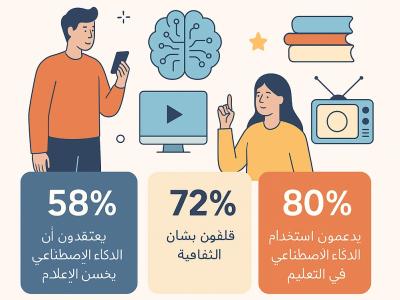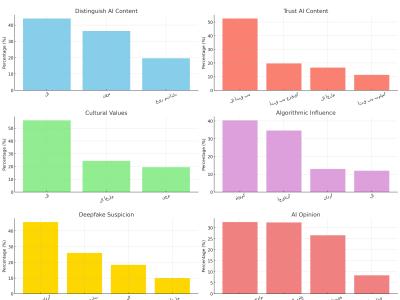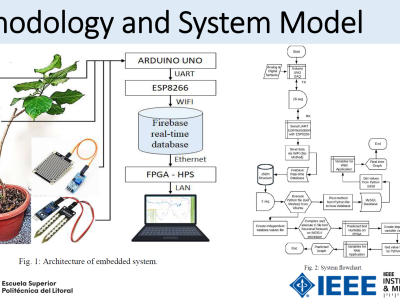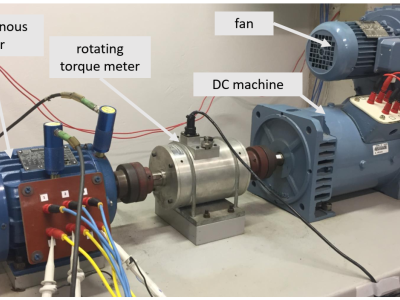Survey Responses on Public Perception of AI-Generated Pharaonic Animations in Egypt (N=600)
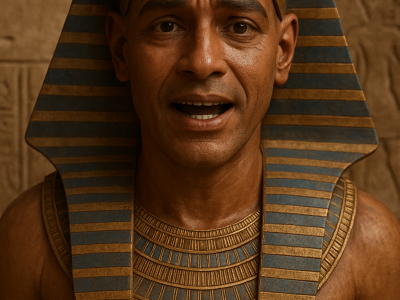
- Citation Author(s):
- Submitted by:
- Wael Maged Badawy
- Last updated:
- DOI:
- 10.21227/fwcr-jv67
- Data Format:
 121 views
121 views
- Categories:
- Keywords:
Abstract
This dataset contains anonymized responses from 600 Egyptian citizens collected in March 2025 to assess public perceptions of artificial intelligence (AI) and deepfake technologies used in the animation of ancient pharaonic statues and symbols. The survey was conducted as part of a broader research study titled "Animating the Sacred: The Ethical and Cultural Implications of AI-Powered Awakening of Pharaonic Symbols Using Deepfake Techniques."
The structured questionnaire includes 9 Likert-scale items covering awareness of AI-generated content, cultural sensitivity, ethical concerns, historical distortion, and support for government regulation. Demographic attributes such as age group, gender, and region were also collected to enable subgroup analysis.
Key findings from the dataset reveal widespread awareness of such AI applications (74% of respondents) and a strong belief that these animations are culturally or religiously disrespectful (61%). Over 84% of respondents supported governmental oversight and ethical guidelines for AI in the cultural heritage sector.
This dataset is intended to support future interdisciplinary research in digital ethics, AI governance, cultural heritage preservation, and human-centered design in artificial intelligence. The data are provided in CSV and Word formats, suitable for quantitative and content-based analysis.
Instructions:
This dataset contains anonymized responses from 600 Egyptian citizens collected in March 2025 to assess public perceptions of artificial intelligence (AI) and deepfake technologies used in the animation of ancient pharaonic statues and symbols. The survey was conducted as part of a broader research study titled "Animating the Sacred: The Ethical and Cultural Implications of AI-Powered Awakening of Pharaonic Symbols Using Deepfake Techniques."
The structured questionnaire includes 9 Likert-scale items covering awareness of AI-generated content, cultural sensitivity, ethical concerns, historical distortion, and support for government regulation. Demographic attributes such as age group, gender, and region were also collected to enable subgroup analysis.
Key findings from the dataset reveal widespread awareness of such AI applications (74% of respondents) and a strong belief that these animations are culturally or religiously disrespectful (61%). Over 84% of respondents supported governmental oversight and ethical guidelines for AI in the cultural heritage sector.
This dataset is intended to support future interdisciplinary research in digital ethics, AI governance, cultural heritage preservation, and human-centered design in artificial intelligence. The data are provided in CSV and Word formats, suitable for quantitative and content-based analysis.


